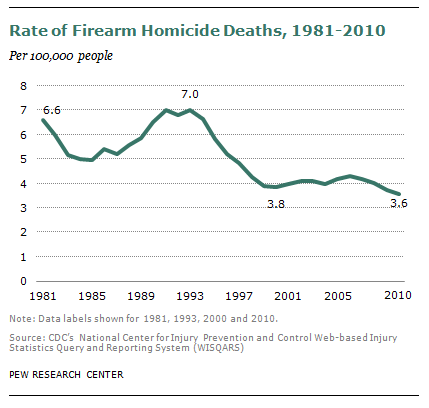Tracie Powell: “We’re supposed to challenge power…it seems like we’ve abdicated that to social media” by Laura Hazard Owen.
From the post:
Tracie Powell tries not to use the word “diversity” anymore.
“When you talk about diversity, people’s eyes glaze over,” Powell, the founder of All Digitocracy, told me. The site covers tech, policy, and the impact of media on communities that Powell describes as “emerging audiences” — people of color and of different sexual orientations and gender identities.
I first heard Powell speak at the LION conference for hyperlocal publishers in Chicago earlier this month, where she stood in front of the almost entirely white audience to discuss how journalists and news organizations can get better at reporting for more people.
I followed up with Powell, who is currently a John S. Knight Journalism Fellow at Stanford, to hear more. “If we [as journalists] don’t do a better job at engaging with these audiences, we’re dead,” Powell said. “Our survival depends on reaching these emerging audiences.”
Here’s a lightly condensed and edited version of our conversation.
Warning: Challenging power is far more risky than supporting fiery denunciations of the most vulnerable and least powerful in society.
From women facing hard choices about pregnancy, rape victims, survivors of abuse both physical and emotional, or those who have lived with doubt, discrimination and deprivation as day to day realities, victims of power aren’t hard to find.
One of the powers that needs to be challenged is the news media itself. Take for example the near constant emphasis on gun violence and mass shootings. If you were to take the news media at face value, you would be frightened to go outside.
But, a 2013 Pew Center Report, Gun Homicide Rate Down 49% Since 1993 Peak; Public Unaware tell a different tale:
Not as satisfying as taking down a representative or senator but in the long run, influencing the mass media may be a more reliable path to challenging power.
